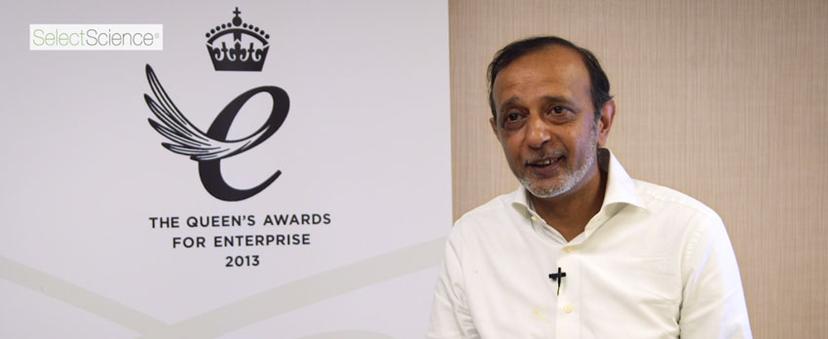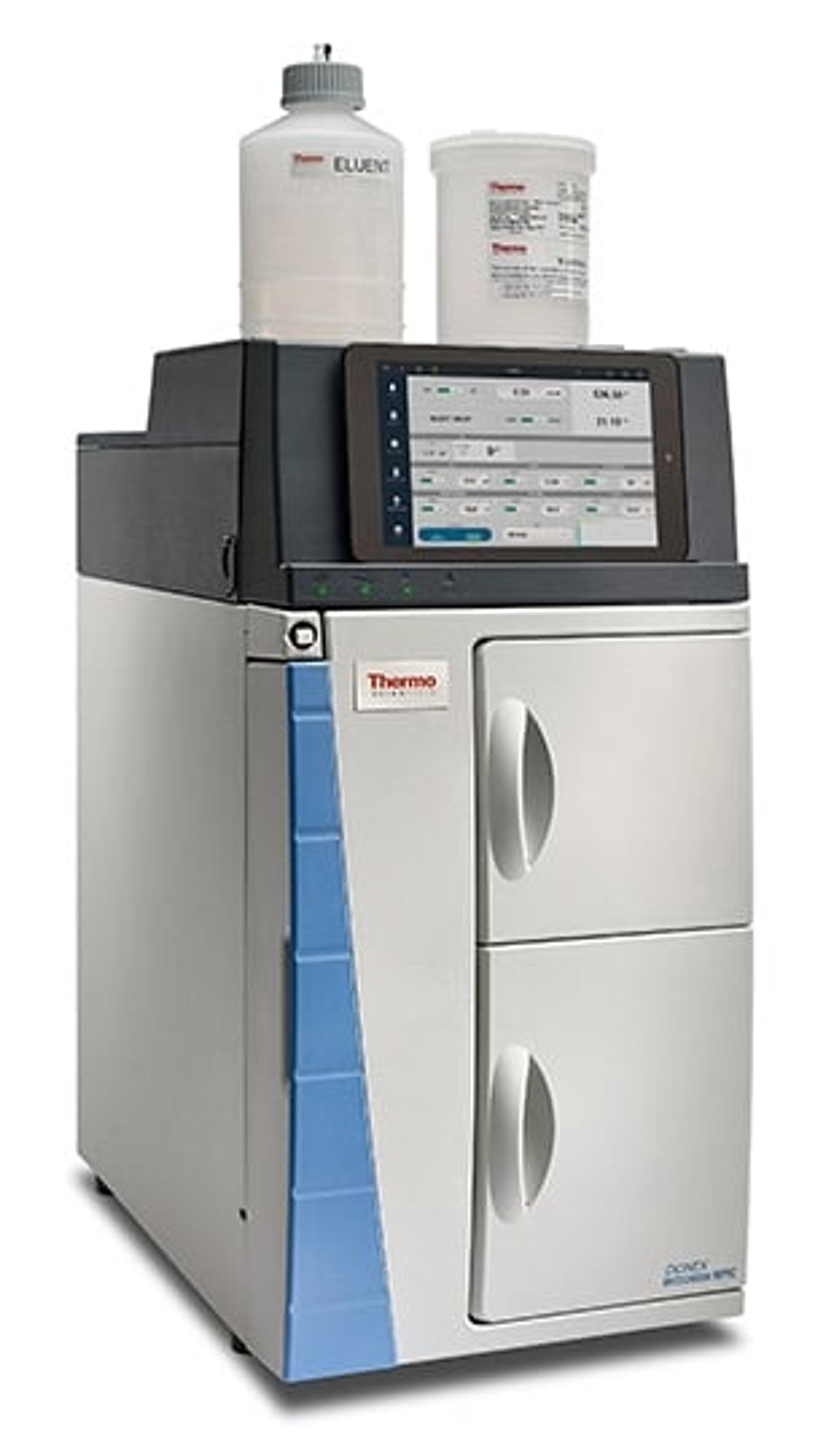Addressing the Trends in Food Quality Control
Meeting the demands of the food and beverage industry with advances in technology
31 Aug 2016

Dr Khalil Divan, Senior Director Global Marketing: Food & Beverage, Thermo Fisher Scientific
Dr Khalil Divan is the senior director of global marketing group within Thermo Fisher Scientific and works closely with regulatory bodies, method validation associations and customers to address the needs of the food and beverage community. SelectScience® Editor, Dr Lois Manton-O’Byrne, spoke with Dr Divan at the 53rd Annual North American Chemical Residue Workshop (NACRW), about food quality and how Thermo Fisher Scientific is helping customers to meet the standards required.
LMOB: What is food quality and why is it Important?
KD: Food quality is very important in the area of food and beverage testing. Food quality can affect the product in various ways such as texture, taste and odor. Testing the product is very important from a manufacturers perspective as there are certain internal standards that need following to ensure the product meets specific standards. There are also external standards that must be used to meet consumer demands when the products are sold. There is a whole range of different analytes people test for from a quality perspective, from inorganic analyses for inorganic anions, organic acids and sugar analyses, organic analysis to elemental analyses for metals, all which can improve the various physical properties of the product or which can add nutritional value.
LMOB: What key technologies are utilized?
KD: For food quality testing there’s a whole range of technologies that our customers use to solve their challenges. If customers are looking to run elemental analyses, our spectroscopy platforms such as atomic absorption spectrometers or inductively coupled plasma mass spectrometers offer great capabilities with the right sensitivity required for testing. If customers are looking for inorganic anions, organic acids or sugars without derivatization, our ion chromatography platforms offer the right stage for these type of analyses. We offer the most comprehensive separation platforms available from Liquid, Gas to Ion chromatography. Equipping them with the right tools to solve their challenges
what we hear from our customers is that they want us to help them free up their time so they can concentrate on what’s important to them...
Dr Khalil Divan Thermo Fisher Scientific
LMOB: What do you hear from your customers?
KD: Our customers want solutions. Hardware is very important, but what we hear from our customers is that they want us to help them free up their time so they can concentrate on what’s important to them: their product, the quality of their product or developing new products. What we mean by solutions is that they’re looking to us to partner with them to supply the method, consumables, instrument and data capabilities to help food monitoring and testing laboratories reduce startup time, training and cost The customer only has to put in the analyte that they want to monitor into our AppsLab Library of Analytical Applications, a fully searchable online, analytical method repository where they can find applications with detailed method information, chromatograms and related compound information, and download the method onto the instrument so it’s ready to run from day one. Providing compelling productivity and efficiency enhancements.
LMOB: What do you see for the future of food quality testing?
KD: What we see from a regulatory perspective is more and more components being regulated. The detection limits for components that are being regulated are decreasing. I think that what the industry and the regulators are looking for, from our perspective, is to provide technology and innovations that address those two key areas - more sensitive instrumentation to comply with the lowering of detection limits. The demands of food quality customers or food manufacturers are slightly different. They want more robust, user friendly instrumentation. They want solutions rather than hardware. So we’re making strides in how to develop new technology that really fits this segment of the food market to develop solutions that address training perspectives, ease of use and providing the results which help them monitor the quality and provide the labeling required.

